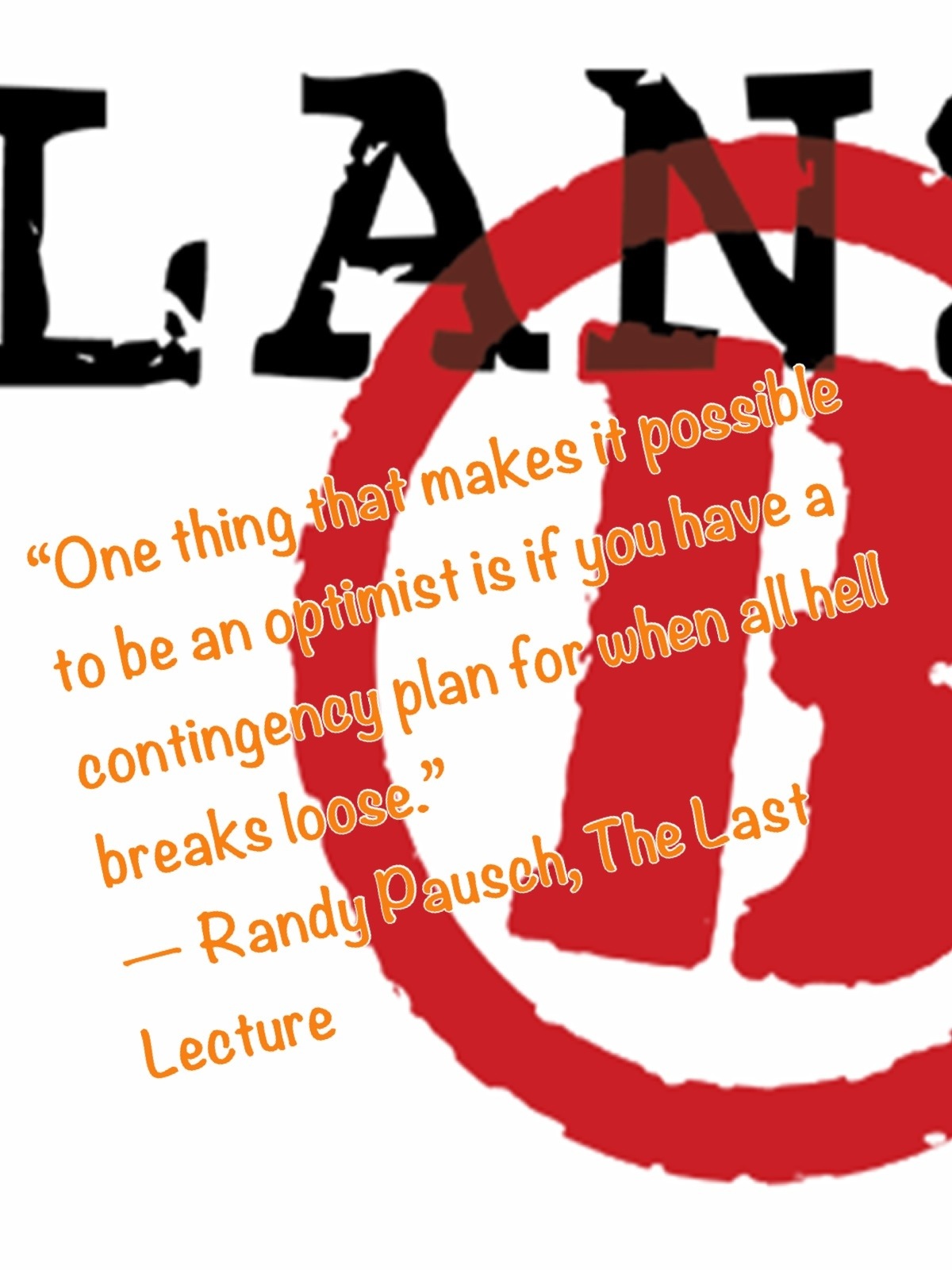You’ve started building your Financial House, starting with a solid foundation after I painted your financial picture, and you’ve got the right material with your knowledge (the bricks not straw), now it’s time to build some rooms. The rooms of your Financial House are your goals in life. It’s arguable what room you would think of first to build depending on your lifestyle, but your bedroom should be all about you and is the place where you (typically) start your day.

If you have a family, you know how often your home transitions. The living room turns into the kids play area, the office turns into a kid’s bedroom. Your bedroom does dual duty as bedroom/office. Closets become half baths. Your home will constantly be evolving, but even if you turn your bedroom into a bedroom/office, it will still be your fort and you won’t be getting rid of the bed. For this reason, I see the bedroom as your goal of a home. A home can be a house, an apartment, a condo, a townhouse, something that you live in and is your responsibility to pay. Homeownership is lots of responsibility and isn’t for everyone, but for arguments’ sake, let’s say that your goal is getting a house. Here is the financial process to get your there.
 We always have to start with the basics. Even if you “know” you have a good foundation, you must get in the practice of reviewing your foundation to make sure there are no termites. Are your debts paid down? If you have debt, how much total debt do you have and is it better to pay that off first before looking at houses? How is your emergency fund? If you’re considering purchasing a house, you want to also look at increasing the emergency fund due to the many unexpected expenses (AKA required expenses) houses can obtain. Water heaters going out, roof leaks, A/C out, etc. Having the emergency fund already funded to the level that is needed to purchase a house will help greatly while looking for a house. I’d also like to point out that the Emergency Fund, is for EMERGENCIES, not for a down payment on the house. There are compromises out there, but compromising your emergency fund means you compromised your foundation for your entire financial plan, and when dealing with purchasing a house should be a big “No-No.”
We always have to start with the basics. Even if you “know” you have a good foundation, you must get in the practice of reviewing your foundation to make sure there are no termites. Are your debts paid down? If you have debt, how much total debt do you have and is it better to pay that off first before looking at houses? How is your emergency fund? If you’re considering purchasing a house, you want to also look at increasing the emergency fund due to the many unexpected expenses (AKA required expenses) houses can obtain. Water heaters going out, roof leaks, A/C out, etc. Having the emergency fund already funded to the level that is needed to purchase a house will help greatly while looking for a house. I’d also like to point out that the Emergency Fund, is for EMERGENCIES, not for a down payment on the house. There are compromises out there, but compromising your emergency fund means you compromised your foundation for your entire financial plan, and when dealing with purchasing a house should be a big “No-No.”
Now that you’ve taken the time to check your foundation, made some adjustments (saving more in your emergency fund possibly) you’re ready to get an action plan in place for getting your house. I know when people really want to get a house they think of all the things they want it to have. 3 bed, 2 bath, nice kitchen, must have gas stove, etc. Before you get into your laundry list of “must have demands” let’s look at it at it’s most basic points. You need to take inventory for your bedroom. Who will be living there (husband, kids, etc) and how much can you afford. How much you can afford has gotten many people in trouble in the past, so let’s not get you into that kind of trouble. How much does your household (you and your spouse) make combined? Let’s say it’s $80,000. As much as you’re trying to keep up with the Kardashians, realize that they’re on the verge of bankruptcy behind closed doors, so you want to live within about 60%-70% of your income (the rest is savings for the fun stuff). That leaves you $48000-$56000 to live by for bills, mortgage, food, gas, etc. Once you’ve done a detailed analysis on your current expenses, make adjustments if you were to purchase a house. If your goal is to have a mortgage payment that is about the same as you pay in rent, realize there are many new expenses such as HOA fees, increased electricity bill, gardening expenses (you have to cut the lawn now), etc. Now you need to factor that into your monthly budget. You pay $850/mo in rent and utilities now, but once you add in extra house expenses it may total $1150/mo. That’s an extra $3600 you spend a year that you don’t now. So instead of aiming for a mortgage payment of $850/mo, aim for a housing expense of $850/mo. This will wrap your housing expenses together. Your mortgage may be $650/mo and all your added expenses bring it up to $850/mo.
You now have an idea of how much money you want to spend per month on your house, now it’s time to shop around on a deal for the mortgage. You’ve got to furnish your bedroom with the bed and curtains and dressers, and you want the best deal possible. If you’ve stuck with your financial plan for a few years, you should have built up some good credit. If you’ve stuck with your financial plan for MANY years, you may have saved up enough money to buy your house in cash (CRAZY!). For those that have stuck with their financial plan for a few years and built up a good down payment on a house but need to finance the rest, it’s time to go shopping for the best deal. This is going to take time and effort. The best is to get a low fixed rate mortgage, if possible for 15 years or less. As helpful as the internet is, all the answers don’t always hide there. Great for research, but person to person in these type matters is much more important. Once you’ve done your research, take a day out of your schedule to visit with as many of the banks you found that had good fixed rates and talk to them in person. Ask as many questions as you need to make sure you understand every point of how they deal with mortgages. If you don’t understand, do not do anything. Figure out the payment schedule, how much the mortgage would be and think about it. Don’t sign anything, go home and think about it over night. As exciting as finding a new house is, it crumbles the moment you realize you got screwed.

Congratulations you were approved for a fantastic loan of $500,000! DO NOT LOOK FOR A $500,000 home! Stay with your budget that you just figured out. Do not get glossy-eyed at the thought of a “dream” home. The Kardashians did that and are secretly going bankrupt. You are more mature and balanced than that and are more than happy to stay within/under your means. You have a great fixed rate and you know your range to keep within your budget, now it’s time to look at houses within that budget. Yes, now look. If you look before you’re going to set yourself up for failure looking at “dream” houses and many houses you think are in your price range, but really are not. A Realtor is exceptionally helpful to help you find the right place because let’s face it, you’ve got a job, your spouse has a job, and you’re crazy busy. Think of the Realtor as the interior decorator/carpenter you hired to create your bedroom. You give them the budget and they stay within it with your vision in mind. Spending your little free time trying to find a house is going to drain you, no matter how excited your are. Realtors have the inside scoop and have their ear to the ground, plus when you’ve done it for many years it’s second nature to you. You’re fantastic at your job, they’re fantastic at theirs because they’ve honed their skills. Make sure your budget is very clear and if you’re going to compromise, compromise your “must-have” list for the house, not your finances. The right house is out there, it will take time, so don’t give up. Once you have found your house and a great offer has been accepted, make sure to understand all the terms and conditions as well as all the fine print. You wouldn’t hire a carpenter to fix up your bedroom, give them a budget, only to find out there was an added finishing fee for finishing the job. The tricks are in the fine print, so make sure to understand them before signing anything.
Congratulations on your first room of your financial house! As tiring as it may have been to plan and have it built, it was well worth the time and effort!
*Disclaimer*



















